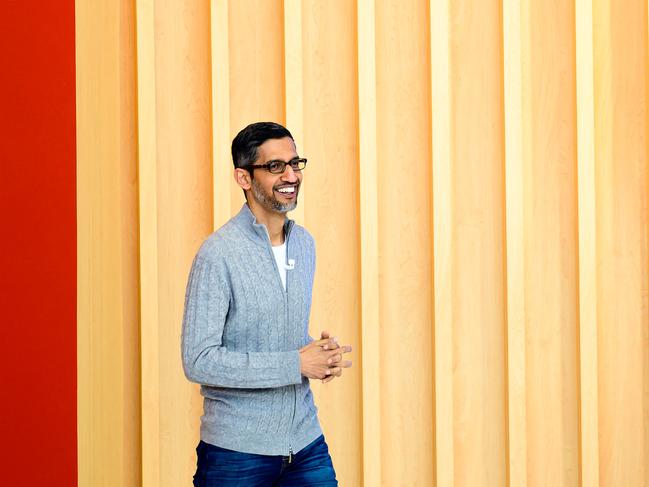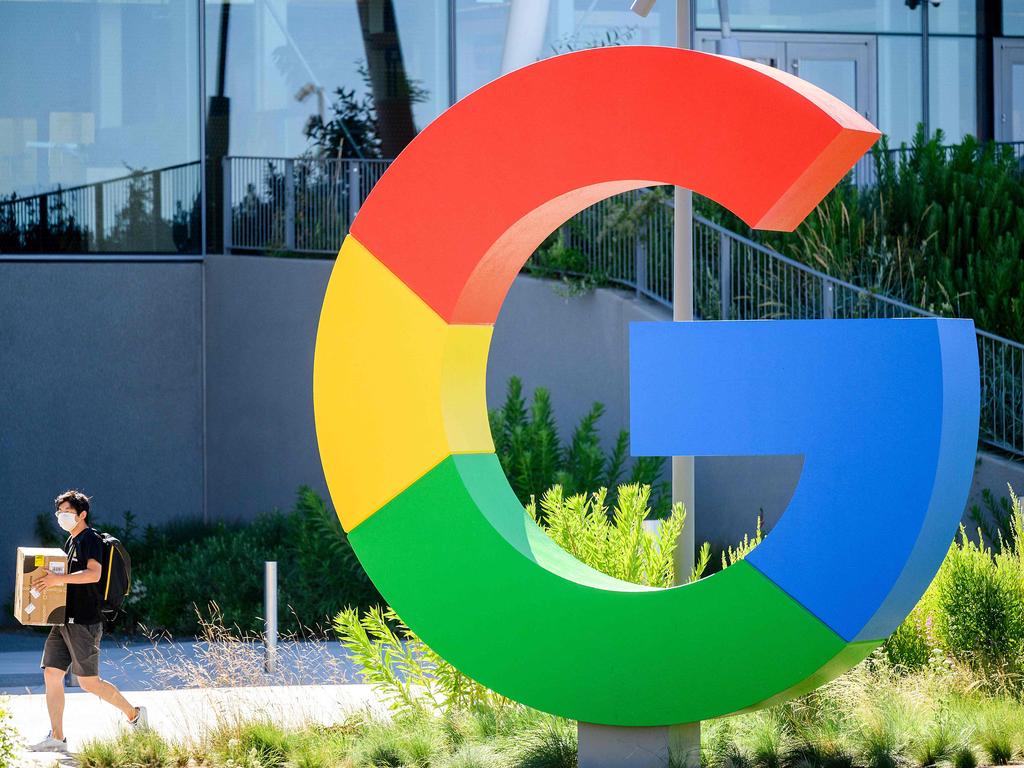AI ‘cannot stand for ambiguity, ignorance’, News Corp boss Robert Thomson tells analysts
Robert Thomson says news companies should be compensated for their content being used to train AI engines, amid calls for fresh regulations.

Generative AI will have profound impacts on the future of journalism but cannot be allowed to become “degenerative AI”, according to News Corp global chief executive Robert Thomson, who has warned of the pitfalls of the nascent technology but says media companies should contribute to its formation.
Speaking on an analyst and investor call on Friday morning AEST, Mr Thomson said News Corp, publisher of The Australian, should be compensated for its intellectual property that is already being used to train generative AI engines.
“There has been much discussion, some of it enlightened, some not so, about the potential impact of generative AI and there is no doubt that it will profoundly affect the media business – candidly, generative AI may pose a challenge to our intellectual property and to the future of journalism,” Mr Thomson told analysts.
“As those who have experimented with ChatGPT will be aware, the answers are only as insightful and factual as the source material and are more retrospective than contemporary.”
News Corp should be compensated for its journalists’ content that is already being used and exploited to train AI engines, Mr Thomson said, as well as for its content that is surfaced in response to users’ AI queries.
“Thirdly and crucially, our content will certainly be aggregated and synthesised, and those answers monetised by other parties – we expect our fair share of that monetisation,” he told analysts.
“Generative AI cannot be degenerative AI.
“The digital debate over content and journalism has evolved significantly in the past few years and we appreciate the social and commercial commitment of our partners at Google, Apple, Microsoft and Meta. The A in AI cannot be Ambiguity, nor can the I represent Ignorance – Integrity would be more apt …”
Mr Thomson’s comments came as big tech groups including Google and OpenAI are battling to dominate the emerging landscape of generative AI.
Google’s Bard, still in an experimental state, was made publicly available on Thursday in 180 countries. The service is Google’s answer to OpenAI’s ChatGPT, which reportedly set off a “code red” within the search giant when it launched in November last year.
As The Australian reported on Friday Google’s new AI chatbot backs the Indigenous voice to parliament as a “positive step”, praises Anthony Albanese as a “man of the people”, and labels Peter Dutton and Scott Morrison as “controversial”, sparking concerns over political bias and “propaganda” from Big Tech.

Generative AI is still at its early stages but will have a profound impact on media businesses globally, Mr Thomson said, including HarperCollins’ Japan unit which is using sophisticated programs to create images for manga stories by transforming a sketch or a photo or just inputting words.
“Use an image from our library to create complete manga sets, obviously saving a lot of time and transforming potentially the character of that business,” Mr Thomson said.
“But it’s not only going to have an impact on content, it will clearly have a profound impact on the management of the business, whether customer service or billing or whatever. The one contradiction of any business is that the more you customise, the harder and more expensive it is to scale. And that contradiction can be overcome with AI.
“I think as the well-known management consultant Socrates observed, the secret of change is to focus all of your energy not on fighting the old but building the new.”
News Corp on Friday reported steady third-quarter revenue in the face of headwinds from rising interest rates, persistent inflation and ongoing supply chain disruption, while progressing its digital transformation.
Mr Thomson said the results “demonstrated the fundamental differences in the character of News Corp compared with other media companies.”






To join the conversation, please log in. Don't have an account? Register
Join the conversation, you are commenting as Logout